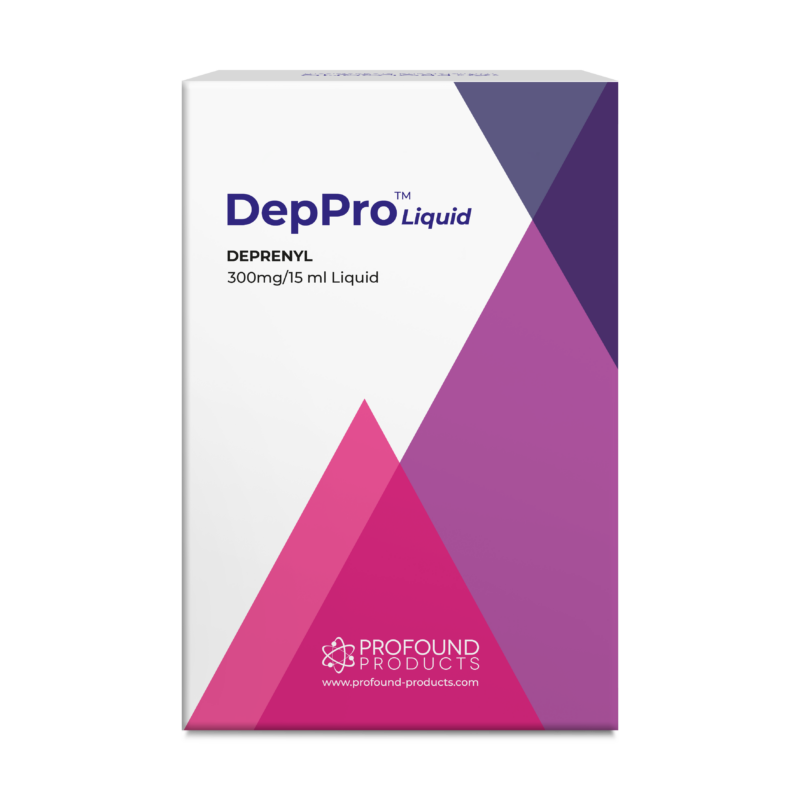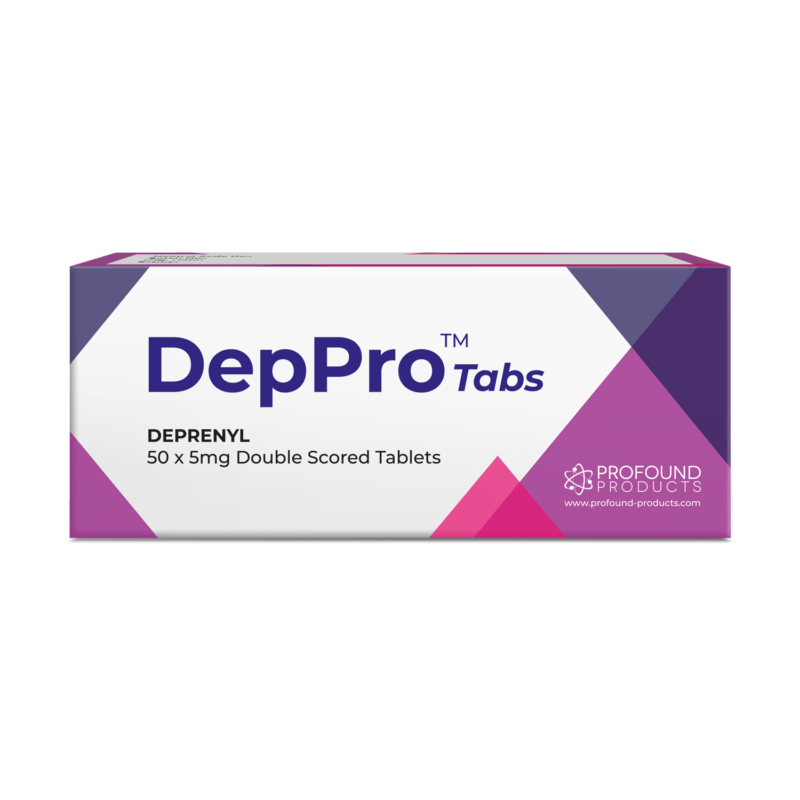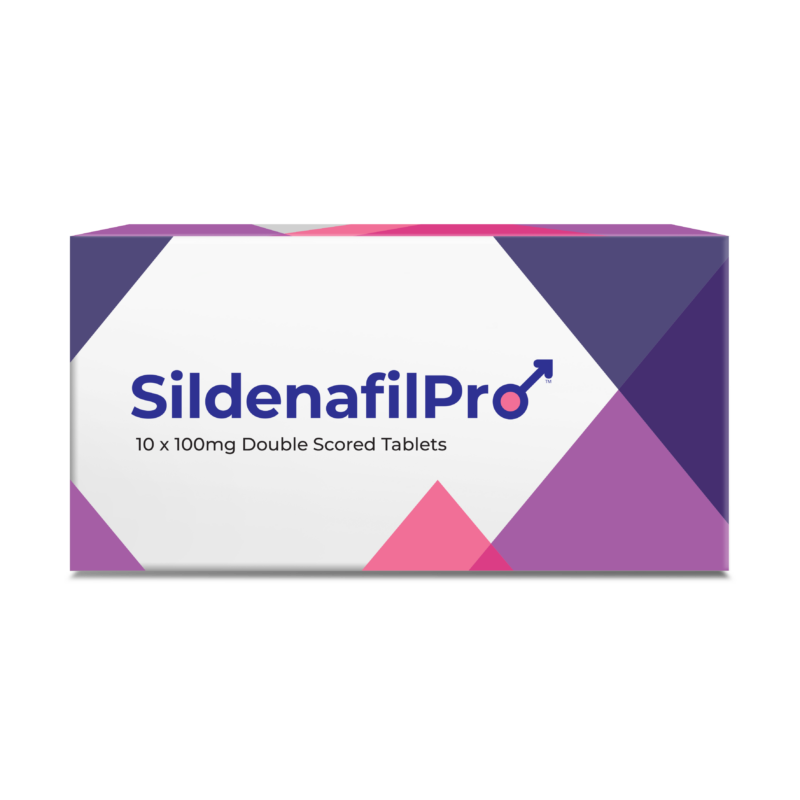Drugs, Sex and Medical Practice
Introduction; I’m writing here about medication as a means of enhancing sexual function, and I am doing so from the perspective of a doctor in medical practice.
By far the commonest request in practice is from men asking for help with erection problems. Fortunately, there are now a number of effective means of helping.
Intra-cavernosal injections directly in to the penis offer perhaps the most immediate way to obtain an erection. They are easily self-administered and no more uncomfortable than the injection some diabetics give themselves every day. They will not work, though, for men in whom the vessels or nerves to the penis are blocked, as eventually may happen in diabetes. A short course of intra-cavernosal injections is very useful where anxiety about sexual performance is extreme, and it is a convenient diagnostic test indicating the integrity of nerve and blood supply to the penis.
A quick short hand indicator of erectile function is the presence of spontaneous erections during the night or early morning.
A new chemically related drug (Sildenafil) is due on the market next year, which will give firm erections by a similar mechanism. The big advantage of Sildenafil will be that it is taken by mouth.
Another drug that assists erections is yohimbine, whose benefits have been recently reviewed and confirmed. Taken one to two hours before sex may give a definite, but modest, benefit. Side effects include facial flushing and an increase in blood pressure.
Fluvoxamine is licensed as an anti-depressant gives significantly improved erections in some men (of non-organic type).
There are connections between impotence and sexual desire, and treatment for loss of libido with hormones, such as testosterone and DHEA help a proportion of people with impotence, (again only of the non-organic variety).
Loss of libido is probably quite as common as impotence, but often does not get treated as it may be thought to be “natural,” or untreatable because of increasing age, or simply too embarrassing to discuss with a doctor.
Its treatment depends on its cause, but in older people, as well as with those in their prime, there are a number of effective treatments. Hormones, usually in combined form, are given both for women and men. A small dose of testosterone is very effective in helping women with loss of libido.
Deprenyl hydrochloride, first licensed for the treatment of Parkinson’s disease, enhances libido as well as possibly extending the individual’s life span.
A number of mood-altering drugs have an effect on libido, some to depress it, and a few to increase it!
Gamma hydroxybutyric acid (GHB) is a relaxant, heightens sexual sensation, firms up erections, increases arousal in women, and may lengthen the pre-ejaculatory time. It is very dose dependent (a small dose to test its action is important) and because of its effect in making people drowsy, it is best used in company, without alcohol, and when there’s no car to be driven home.
No discussion of drugs for promoting sexual function should fail to mention the context in which they are taken. Often it is a case of the right drug for the right mind. If the individual is not in a good frame of mind to start with, he/ she, will not get a good outcome from a mind-altering drug, rather it may enhance the prevailing emotional state, for good or for bad.
Rule number one is be protective of yourself.


